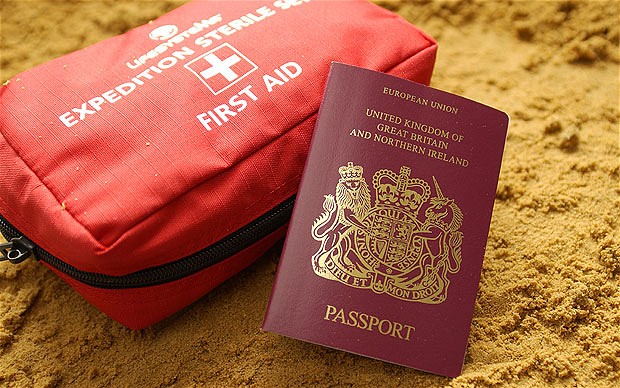Traveler’s diarrhea, as its name implies, is diarrhea associated with traveling. Diarrhoea is defined as an alteration of normal bowel movements noted with an increase in water content, volume or frequency of stool.
Traveler’s diarrhea can result in significant debilitation and can frequently affect travelers especially in areas where hygiene and sanitation is poor. Fortunately, the majority of traveller’s diarrhoea cases run a course of about three days and is managed only symptomatically.
Causes of Traveler’s Diarrhea
Symptoms of Traveler’s Diarrhea
As traveler’s diarrhea can present with different severity, the traveler needs to watch for the following signs that suggest that the infection would require medical attention.
1. Presence of high fever
2. Presence of bloody stool
3. If diarrhea episodes are greater that six times a day
4. If diarrhea is persistent for more than three days
5. If it is associated with severe vomiting
6. If there is presence of confusion drowsiness
7. If signs of dehydration are present such as reduced urination, lethargy, drowsiness, fainting spells and sunken eyes
8. If it is the young or the elderly that are affected as they have lower physiological reserve to combat dehydration.
Treatment of Traveler’s Diarrhea
Treatment would involve fluid hydration. If a bacterial or parasitic cause is suspected, the doctor will prescribe antibiotics. It is not advisable for travelers to start on antibiotics indiscriminately as it will eventually lead to the emergence of multi-drug resistant bacteria.
Preventing Traveler’s Diarrhea
As prevention, ensure that food and sources are not contaminated. Measures should include the following:
1. Boil the water for consumption
2. Do not drink from the tap
3. Drink from bottled water or canned drinks but ensure that the area of mouth contact of the can or bottle is clean.
4. Eat fruits that need to be peeled
5. Avoid salads
6. Eat cooked meals that are freshly prepared
7. Ensure proper hand hygiene before eating.






